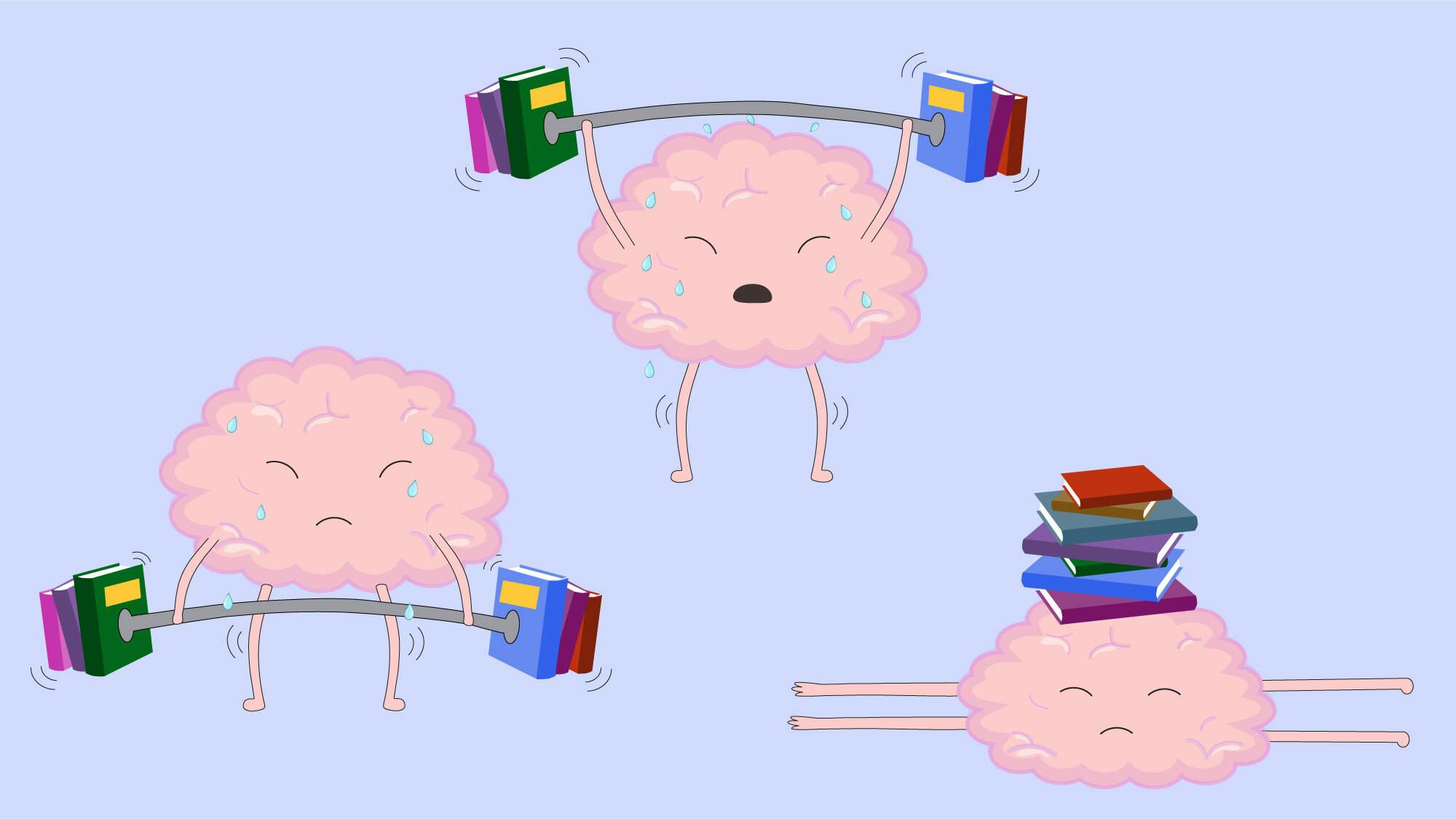In the aftermath of tragedy, Michigan State University students are struggling to find the motivation to push through the rest of semester.
Despite efforts made by the university to provide support and resources, the emotional toll of the event has left many feeling unsure of how to move forward.
Political science sophomore Meera Kanade said she doesn’t place the same level of emphasis on academics as she did before the shooting.
“Right now, it’s turned into more of trying to find a safe space here,” Kanade said. “I’m very fortunate to integrate myself back onto campus, but I feel like in certain aspects — academically — I definitely have seen a shift.”
Kanade, who usually prefers in person learning over online, said she has been utilizing zoom options increasingly often. MSU is also offering a "credit" or "no credit" grading option, where students can choose if their course grade is visible on their transcript. Kanade said this is encouraging for her.
Kanade said though she thought the flexible grading option was a kind gesture from MSU, none of her professors have discussed or explained it much. Unsure of when or how to make the decision to utilize the option, she said, it has been confusing to navigate while completing assignments.
Psychology and sociology freshman Mackenzie Bird said it’s been harder for her to get through classes. She's trying to maintain a "good GPA" while also "trying to stay strong through everything."
Some of Bird's professors have lessened their course load and allowed for online classes. Because students have been directly impacted, she said, other professors should also offer similar options and keep in mind some students may not be able to return in person through the end of semester.
“Everything feels different now, and (there’s) a little bit of fear going back in person,” Bird said.
Games and interactive media design freshman Samantha Cissne said before the shooting, she was motivated to interact with classmates and course material. Now, she has experienced a perspective change — her studies are no longer the most important thing to her. Instead, she said, her life is.
“Everyone that was on campus had to think of, ‘What happens if I don’t get to see my family again?’ not ‘What happens if I don’t finish my assignment due on Thursday,’” Cissne said. “We were forced back into it so soon … it sort of made it feel like our feelings were unimportant
Cissne no longer thinks of class lessons as important. Instead, she views them as a checklist of tasks to complete before summer so she can finally cope with her feelings during break.
“I shouldn’t have to wait to have to comprehend my feelings,” Cissne said. “I should have been able to have that time (now).”







